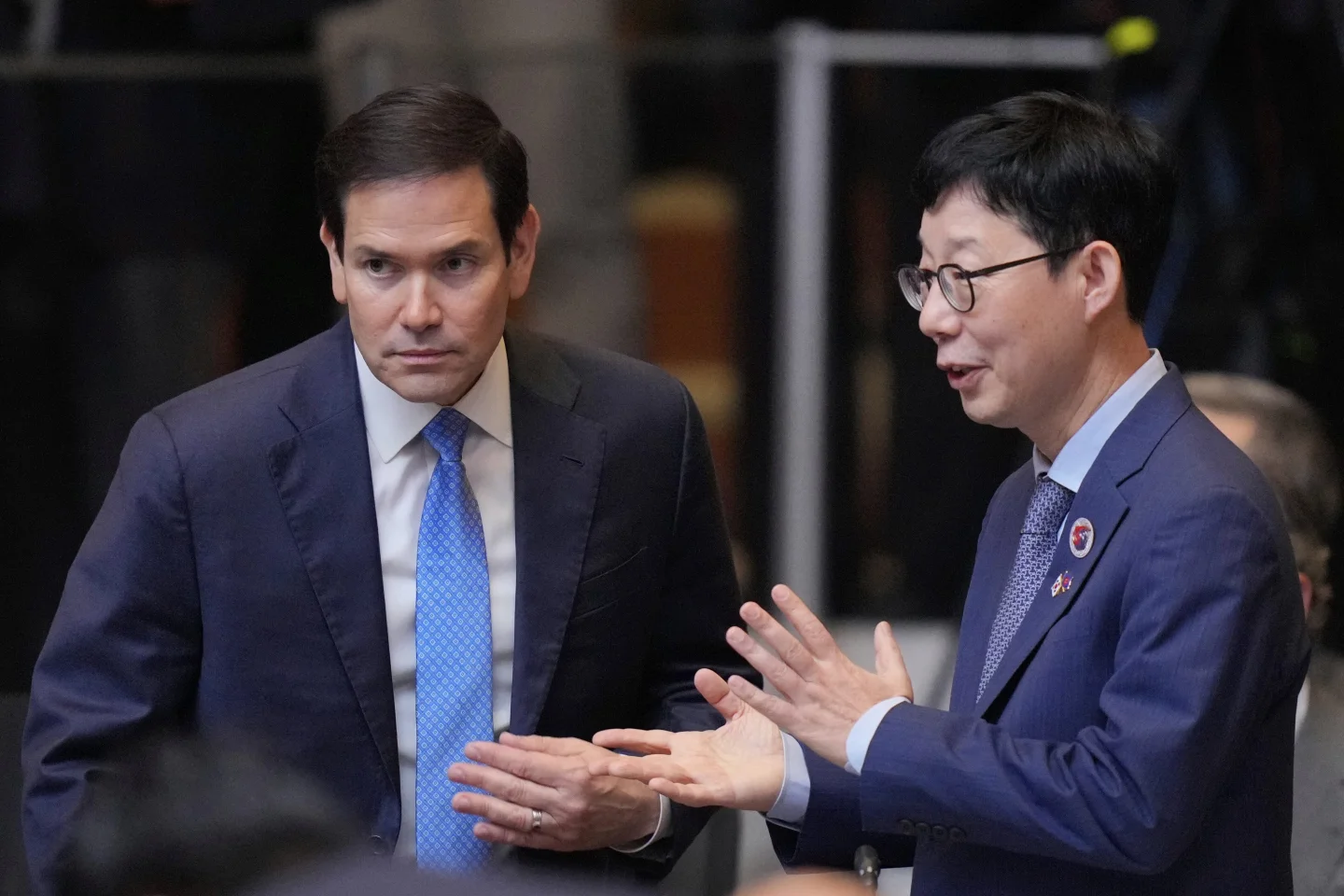U.S. Secretary of State Marco Rubio met with Chinese Foreign Minister Wang Yi in Kuala Lumpur, marking the first face-to-face discussion between the two nations’ top diplomats since President Donald Trump returned to office in January. The meeting occurred on the sidelines of the ASEAN foreign ministers’ summit.
While the two officials and their teams did not address the media beforehand, Rubio later characterized the conversation as “constructive and positive,” signaling a potential thaw in strained relations between Washington and Beijing.
High-Level Talks Aim to Ease Trade War and Renew U.S.-China Diplomatic Engagement
This high-profile meeting represents a significant moment in U.S.-China diplomacy during a time of elevated tensions. Key issues dividing the two powers include trade, Taiwan, and technological competition.
Despite these challenges, Rubio expressed optimism about future engagement, suggesting there is a “high probability” that President Trump and Chinese President Xi Jinping will meet in person, although no date was provided. Rubio emphasized that both sides had a strong desire to pursue dialogue at the highest level.
Economic disagreements remain central to U.S.-China friction. President Trump, since his return to the White House, has imposed tariffs up to 145% on Chinese imports, a move that reignited a trade war between the two countries.
While both nations escalated tariffs earlier this year, they agreed in May to a partial de-escalation in what Trump described as a “total reset.” Chinese Foreign Minister Wang criticized the U.S. approach, denouncing what he called “unilateral protectionism” and urging a more equitable international trade order.
Taiwan Tensions and China-Russia Ties Dominate Strategic U.S.-China Diplomatic Discussions
Taiwan remains a contentious issue in the U.S.-China relationship. While China views the self-governing island as a breakaway province, the U.S. supports Taiwan’s autonomy and continues to supply it with arms. Though not confirmed in public remarks, Taiwan was expected to be a key topic in the bilateral meeting.
The issue is particularly sensitive given the heightened military and political pressure China has applied to Taiwan in recent years, as well as U.S. efforts to strengthen ties with Taipei.
Another important subject raised by Rubio was China’s role in the Russia-Ukraine conflict. The U.S. has accused Beijing of indirectly supporting Russia, and Rubio indicated that this issue would be addressed in his talks with Wang.
He noted that China has assisted Russia in ways that avoid direct accountability, reflecting Washington’s growing unease about a strengthening China-Russia axis. The meeting in Kuala Lumpur thus touched on not only bilateral issues but also broader geopolitical concerns shaping global power dynamics.

Leave a Reply